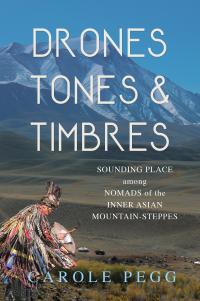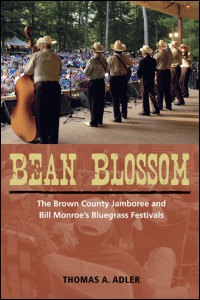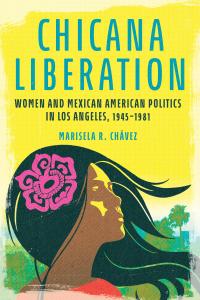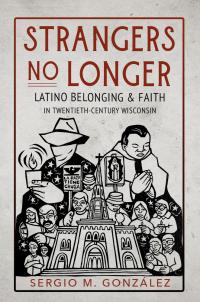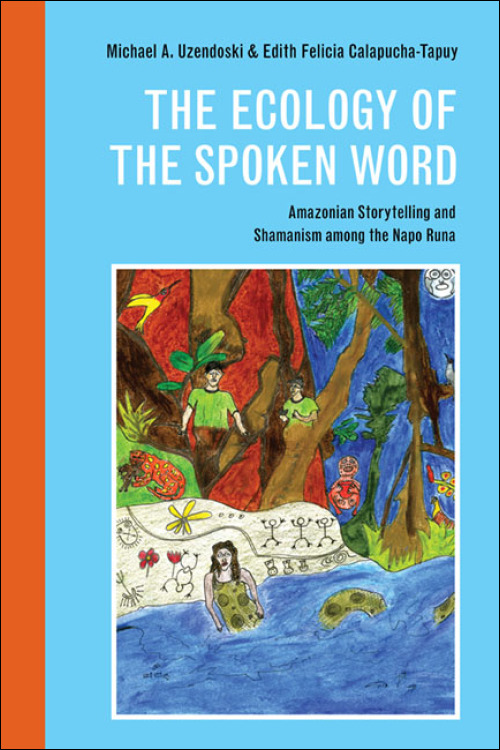
The Ecology of the Spoken Word
About the Book
The Ecology of the Spoken Word offers the first theoretical and experiential translation of Napo Runa mythology in English. Michael A. Uzendoski and Edith Felicia Calapucha-Tapuy present and analyze lowland Quichua speakers in the Napo province of Ecuador through narratives, songs, curing chants, and other oral performances, so readers may come to understand and appreciate Napo Runa aesthetic expression.Like many other indigenous peoples, the Napo Runa create meaning through language and other practices that do not correspond to the communicative or social assumptions of Western culture. Language itself is only a part of a communicative world that includes plants, animals, and the landscape. In the Napo Runa worldview, storytellers are shamans who use sound and form to create relationships with other people and beings from the natural and spirit worlds. Guiding readers into Napo Runa ways of thinking and being, Uzendoski and Calapucha-Tapuy weave exacting translations into an interpretive argument with theoretical implications for understanding oral traditions, literacy, new technologies, and language.
Reinforcing the authors' argument that words are only a small part of storytelling reality, a companion website with photos, audio files, and videos of original performances offers readers an opportunity to more deeply understand the beauty of performance and complexity of sound in Native Amazonian verbal expression.
About the Author
Michael A. Uzendoski is a professor in the Department of Anthropology, History, and Humanities at the Facultad Latinoamericana de Ciencias Sociales (FLACSO), Ecuador, and the author of The Napo Runa of Amazonian Ecuador. Edith Felicia Calapucha-Tapuy is a native of Napo, Ecuador, and a translator of Napo Quichua stories and songs.Also by this author
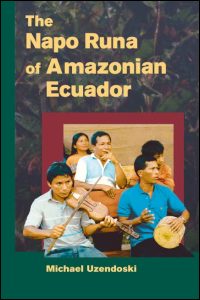
Reviews
"An enlightening contribution for anyone interested in storytelling, Amazonian culture, or Quichua language."--Journal of Folklore Research"A fascinating and successful study of an oral tradition, with implications far beyond the Amazonian context."--Anthropology Review Database
"Ought to adorn the shelves not only of Amazonianists and ethnomusicologists, but also of anyone, anthropologist or otherwise, who is interested in the history and practice of story-telling in all its various, equally beautiful and equally valid forms."--Journal of the Royal Anthropological Institute
"The Ecology of the Spoken Word is one of the most successful attempts to communicate the beauty and untranslatability of mythology to emerge from Amazonian ethnography."--Journal of the Anthropological Society of Oxford
Blurbs
"The Ecology of the Spoken Word makes a very significant contribution to the fields of Amazonian Quichua ethnoaesthetics and linguistic culture. The work is stimulating, exciting, and provocative, and the documentation is excellent. This book will be useful to cultural anthropologists and others interested in applied education and public policy–related disciplines because it helps clarify how knowledge is conceived by the Quichua people."--Janis B. Nuckolls, author of Lessons from a Quechua Strongwoman: Ideophony, Dialogue, and Perspective
"This work is exceptional for its depth of understanding and the details of presentation. The authors offer a new take on orality and storytelling by addressing debates in orality versus literacy and connecting them with South Americanist anthropology of indigenous cosmology, translation studies, verse-analysis, and ethnopoetics."--Alexander D. King, author of Living with Koryak Traditions: Playing with Culture in Siberia

